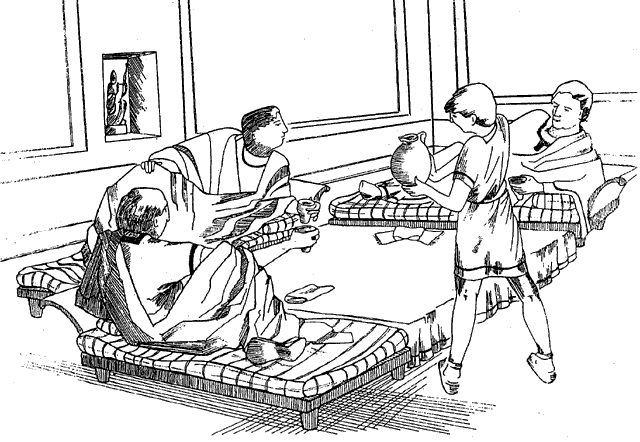John 12.42-43 & Romans 10.9-10

How much do the opinions of others influence the decisions we make? When choosing the perfume we wear, the colour of coat or the logo on our trainers it probably will not have life-long consequences. However, the opinions of others may be more influential than we could be prepared to admit. When going to an interview or social event most of us think of the impression we will make on others. When telling a story or joke we will weigh up in our minds what we expect the reaction to be. Getting it wrong can have greater consequences than we imagined. Ask Gerald Ratner. (Look it up, if you don’t remember it.)
One of the things that most people fear, at some time, is being rejected by those who we want to approve of us. To whom do we owe our greatest allegiance and what price are we prepared to pay to keep it? There is plenty of psychological evidence that most of us will agree with what we know to be a falsehood rather than risk disapproval from the majority powerful group. (e.g. Asch conformity 1951)
Not all the Jewish leaders during the week leading up to Jesus’ crucifixion were spiritually blind. They like the crowd were a divided group. John 12.42 Some recognized the signs Jesus performed with the clincher being the raising of Lazarus from the dead. However, the grip the Pharisees had over the Chief Priest and the Sanhedrin prevented them from saying what they believed in their hearts. Fear of being excluded from their current high status group and even being unable to attend their synagogue prevented them from confessing their faith. We do not know if these same Jewish leaders following Pentecost were amongst those who did in the end decide to follow Jesus but at that moment they chose to deny their inner convictions. The opinion of other Jewish leaders mattered more to them than their relationship with God.
This overwhelming desire to fit in remains a major reason why many are not prepared to make a commitment to follow Christ. What family think, their social group think, their colleagues at work think, even the potential action of authorities in their country can all prevent a person from confessing what they know in their heart to be true. There has never been a time when being a Christian does not carry some form of risk.
How many people have sacrificed eternity for the sake of approval now. I am very slow and reluctant to criticize those who have because I have not walked in their shoes. Paul however through the suffering and persecution he experienced did earn the right to say, ‘If you confess with your mouth that Jesus is Lord and believe in your heart that God raised him from the dead, you will be saved.’ Romans 10.9
How much as a church do we support those who live with constant pressure to reject faith in Jesus?
Are we prepared to be publicly honest that Jesus is our Lord?
I Have Decided To Follow Jesus ♫ The Story & The Song




